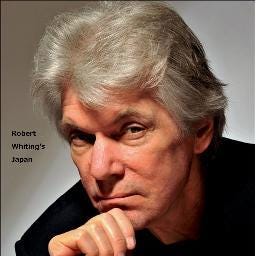Labor deal with players solves MLB's immediate issues, but long-term problems loom for sport
TOKYO — The lockout ended in early March in time to save the season. The MLBPA won concessions on the luxury tax (too complicated to explain here), the MLB won the right to an expanded playoffs, and a full 162-game season was salvaged. It was a quick, unexpected resolution to Major League Baseball’s labor problems and it made one wonder what role, if any, the Russian invasion of Ukraine played. The daily televised images of bombings of residential apartment buildings and hospitals, the endless stream of refugees carrying small children and pets streaming out of the country, made the self-absorbed billionaire owners and millionaire players and their problems seem insignificant by comparison — and downright selfish.
The league minimum salary is already 10 times the average yearly income of the fans that are supporting the sport. The average player salary is over $4 million annually, which by any estimation should be more than enough to live an extremely comfortable life. For every extra million the players might gain, how many minor league teams, stadiums, and cities need to be sacrificed?
Nearly a million Americans have died from Covid. There have been hundreds of thousands of job losses because of the pandemic and people have fallen into poverty. But many MLB owners have increased their wealth during that time. Phillies owner John Middleton — who saw his ballclub lose $145 million due to the pandemic — still managed to come away with $97 million in 2020.
Major League Baseball needs to burnish its image, and in more ways than one. It is at present third in sports in U.S., far behind the NFL and even behind the NBA. It is fortunate that MLB has Shohei Ohtani, a once in a lifetime player, or its ranking might even be lower. Fan Graphs recently estimated his salary value at $41 million, not far behind highest paid MLB player pitcher Max Scherzer who will earn $43 million in 2022. Ohtani teammate Mike Trout makes $35 million a year.
Keep reading with a 7-day free trial
Subscribe to Robert Whiting's Japan to keep reading this post and get 7 days of free access to the full post archives.


